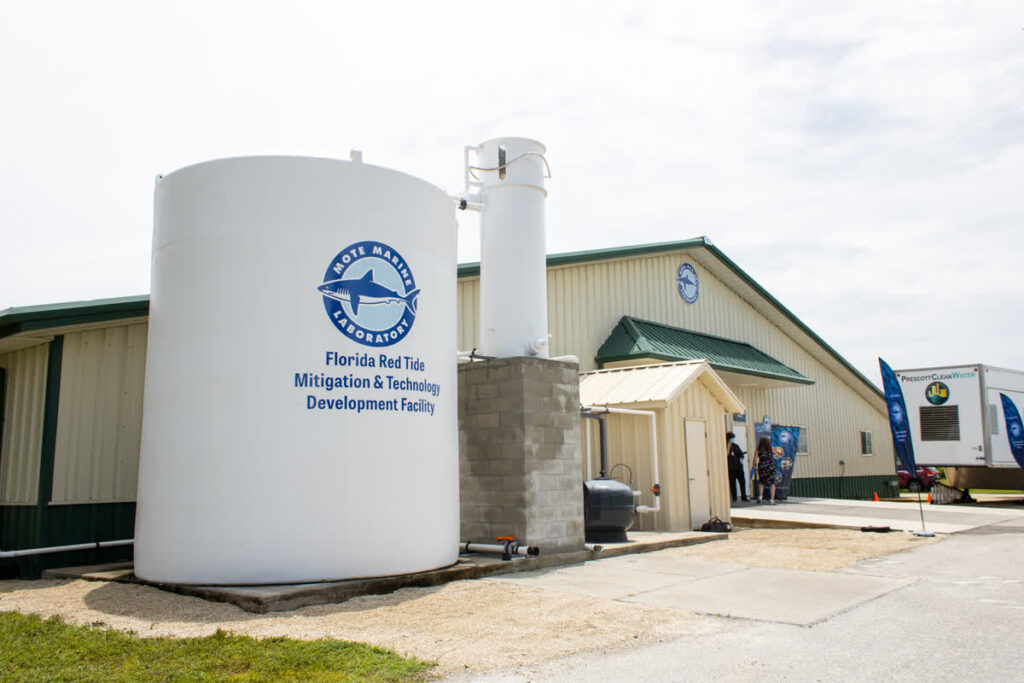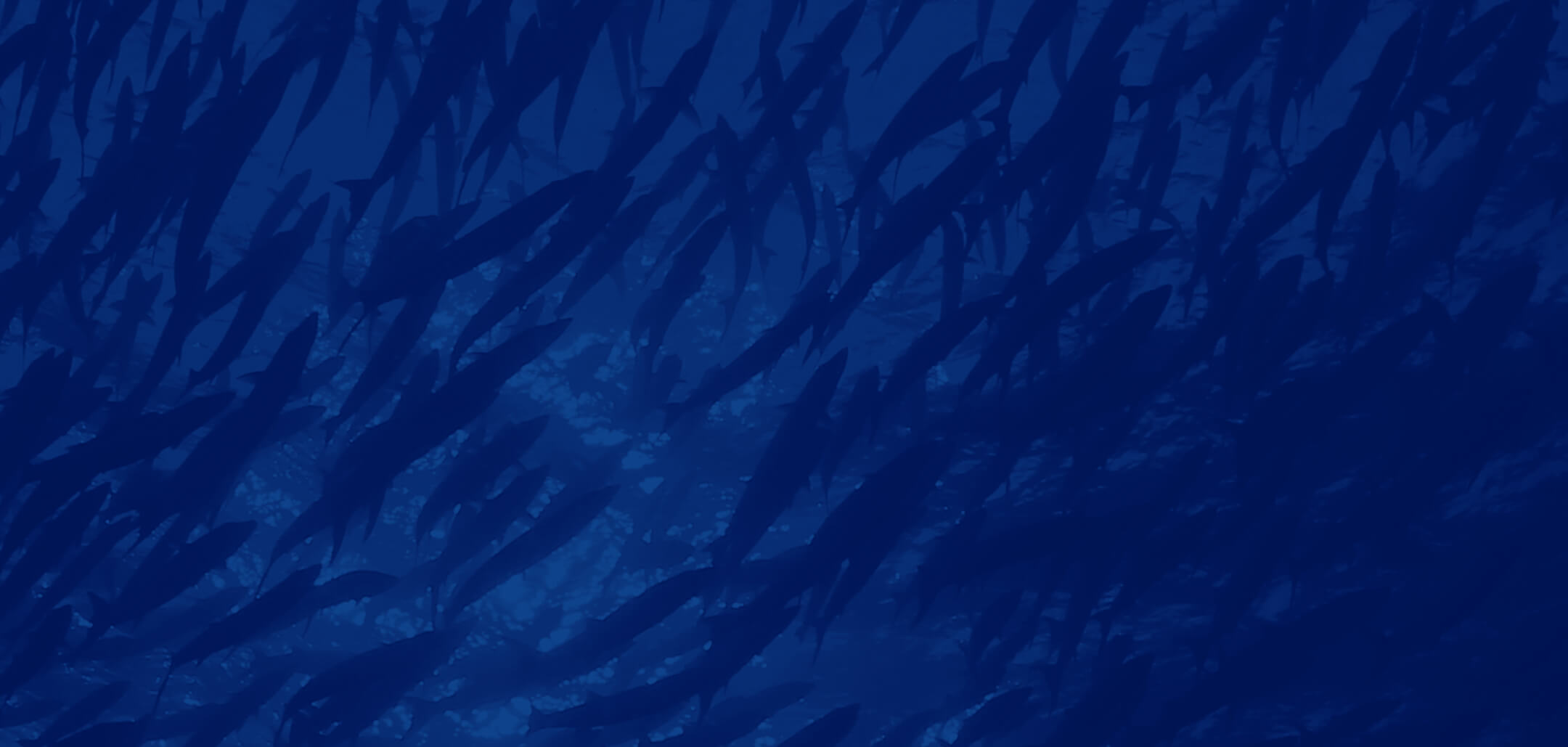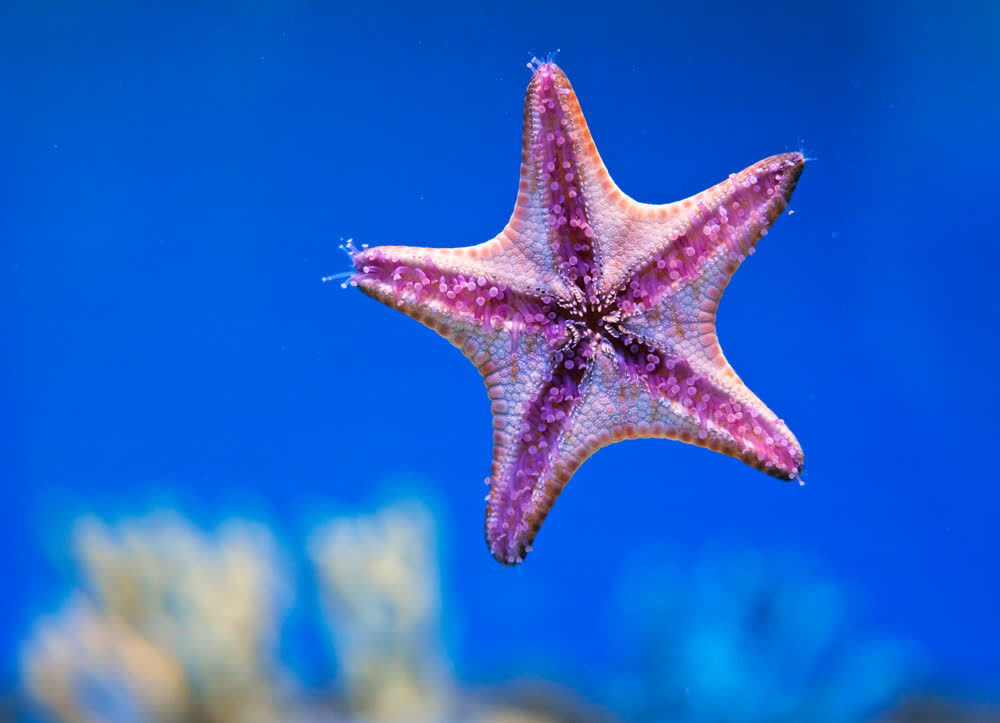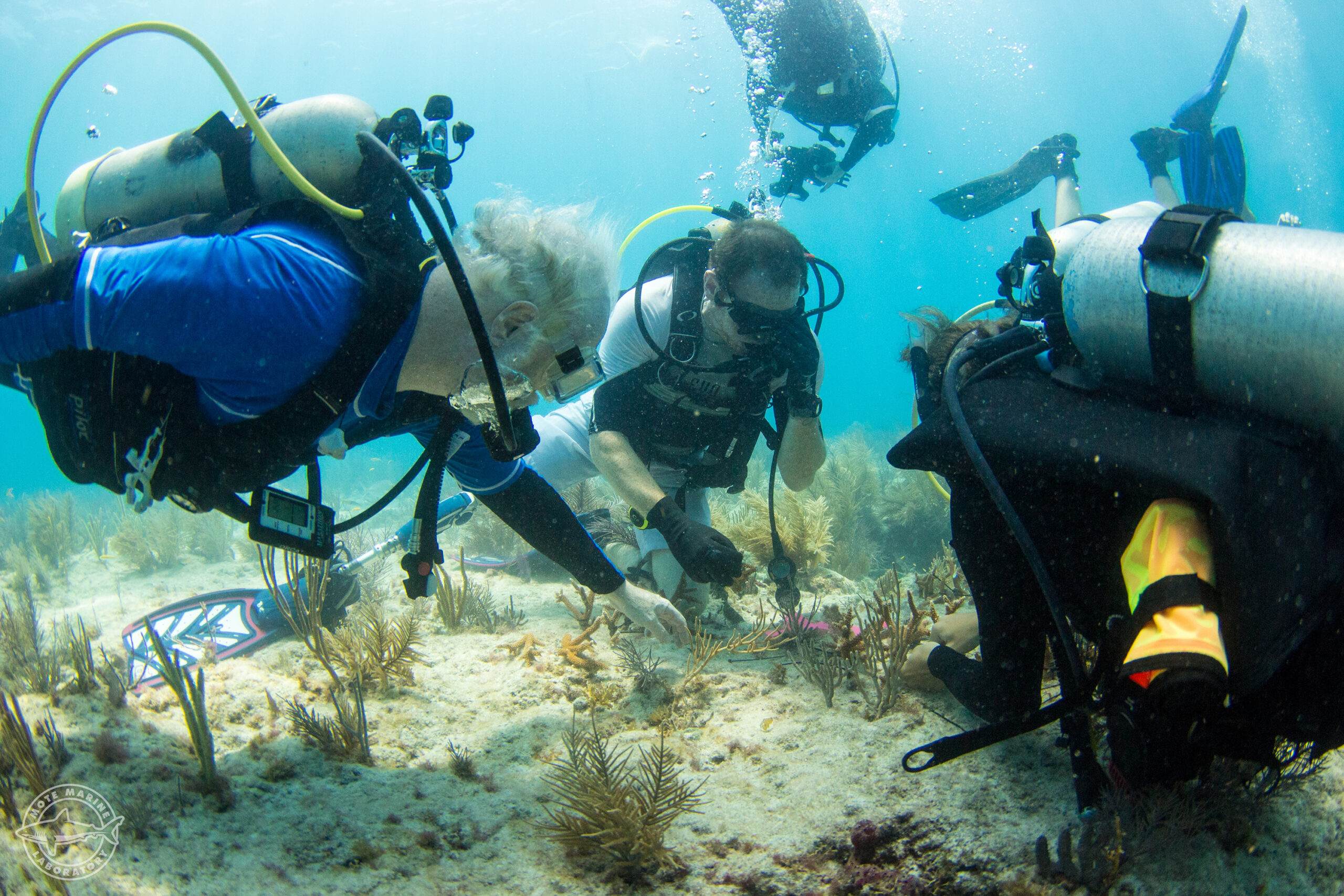Public Meetings
| January 16, 2026 | Public meeting notice | Minutes | Presentation slides |
| January 30-31, 2025 | Public Meeting Notice | Minutes | Presentation slides |
| November 12, 2024 | Public meeting notice | Minutes | Presentation slides |
| January 23, 2024 | Public meeting notice | Minutes | Presentation slides |
| November 17, 2022 | Public meeting (webinar) notice | Minutes | Presentation slides |
| February 18, 2022 | Public Meeting Notice | Minutes | Presentation slides |
| July 22, 2021 | Public meeting (webinar) notice | Minutes | Presentation slides |
| October 2, 2020 | Public meeting (webinar) notice | Minutes | Presentation slides |
| April 3, 2020 | Public meeting (webinar) notice | Minutes | Presentation slides |
| January 17, 2020 | Public meeting notice | Minutes | Presentation slides |
Member Bios
Technology Advisory Council Chair
Dr. Michael P. Crosby, Mote Marine Laboratory
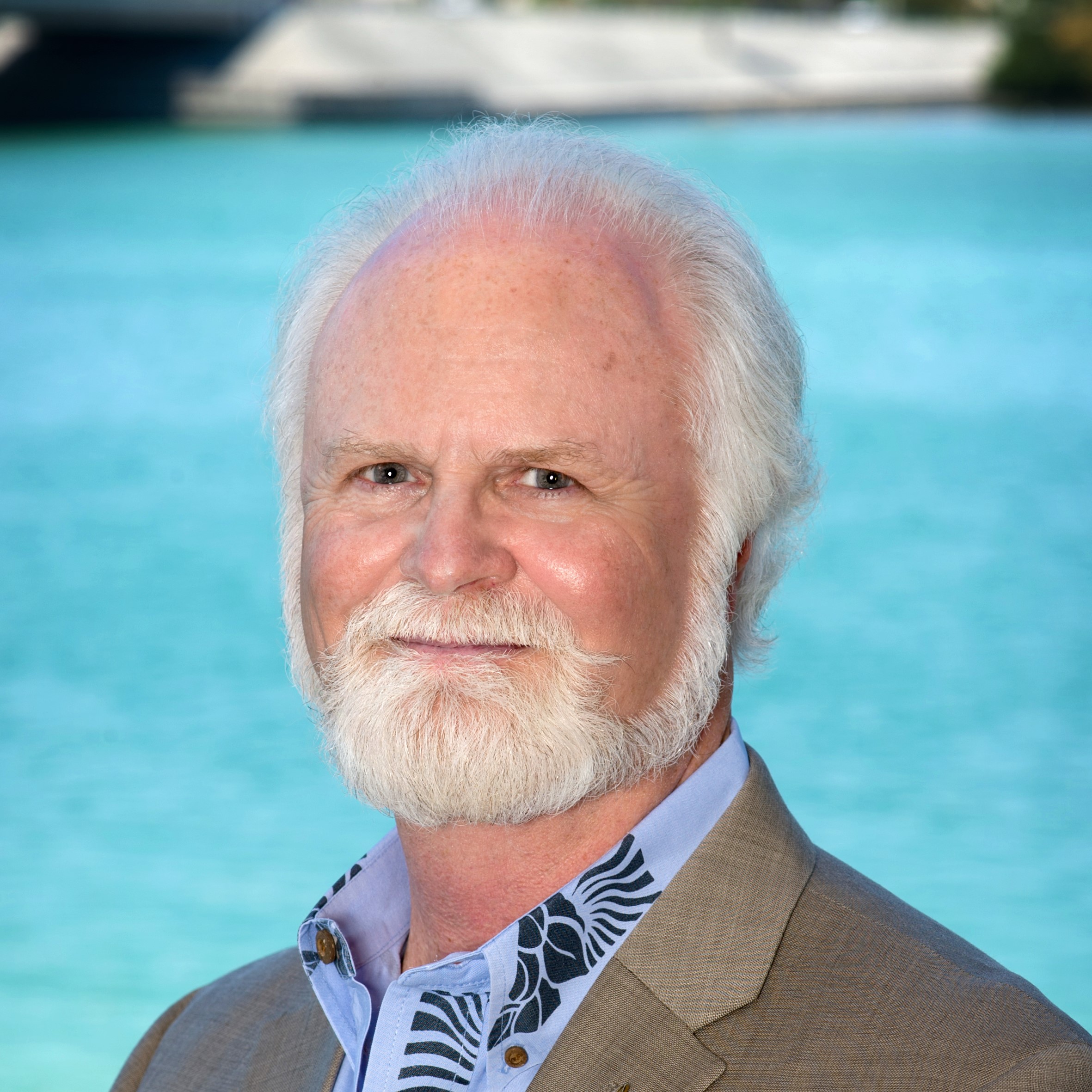
Dr. Crosby has over 30 years of diverse research, teaching, science management and leadership endeavors. He has developed, managed and conducted major multi-disciplinary research project and partnerships with numerous universities, national and international science and resource management agencies, programs and committees. Many of these endeavors focused on improving the “synthesis, translation and transfer” of science and technical information between research, public policy and stakeholder communities. He has secured over $50 million in research funds, published over 50 science manuscripts, edited several books, and his past appointments include: Associate Vice President, Research and Economic Development, George Mason University; Vice Chancellor for Research, University of Hawai’i, Hilo; Executive Director, National Science Board of the National Science Foundation; and Senior Advisor for International Science Policy, National Oceanic and Atmospheric Administration. Dr. Crosby is also Past-President for Sigma Xi-The Scientific Research Society, past Chairman for the U.S.-Israeli Binational Science Foundation, and currently serves as Chair of the Florida Institute of Oceanography Council, Past-Chair of the Board for Southeast Coastal Ocean Observations Regional Association, on the Association of Marine Laboratories of the Caribbean Board of Directors (Past-President), the Pacific Congress on Marine Science and Technology Board of Directors (Past-President), and the Institute for Venture Science Board of Advisors.
Techology Advisory Council Members
Dr. Katherine Hubbard, Florida Fish and Wildlife Conservation Commission-Fish and Wildlife Research Institute
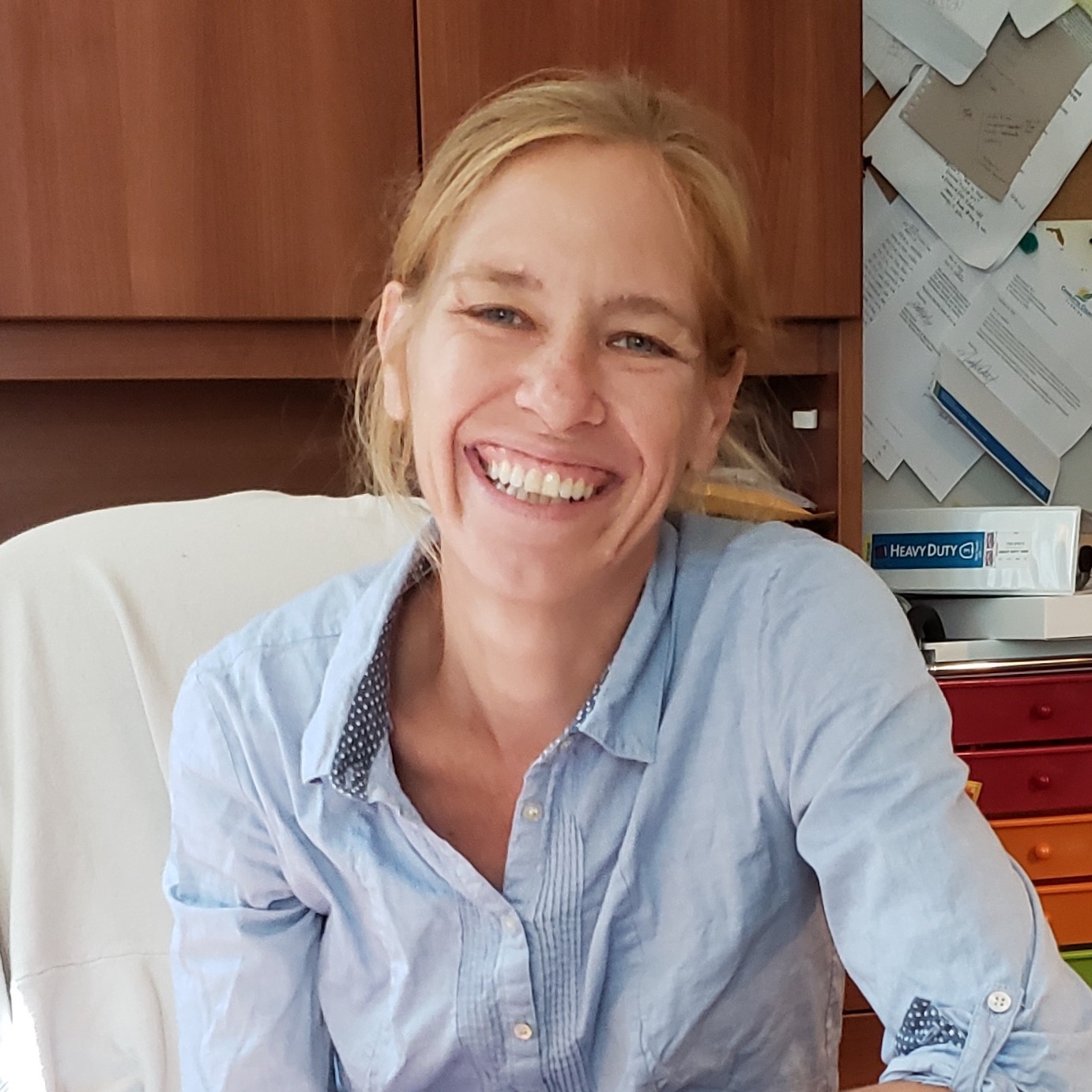
Dr. Kate Hubbard is a Research Scientist at the Florida Fish and Wildlife Conservation Commission-Fish and Wildlife Research Institute (FWC-FWRI). Since 2015, she has led their harmful algal bloom (HAB) monitoring and research program, which has strong ties to state aquaculture management. Her research unites ecology, physiology, and oceanography – using laboratory, field, and modeling studies – to better understand HAB dynamics. She also focuses on developing and strengthening observation networks for HABs, including in situ detection capabilities. She is currently serving on the National HAB Committee and is a state lead for the Gulf of Mexico Alliance’s Water Resources team. She is also a Guest Investigator at the Woods Hole Oceanographic Institution as part of the Woods Hole Center for Oceans and Human Health. She received her B.A. in Biology from New College of Florida and M.S. and Ph.D. degrees in Biological Oceanography from the University of Washington.
Dr. Kathleen Rein, Florida Gulf Coast University
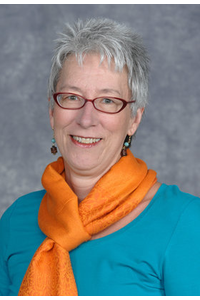
Dr. Kathleen Rein is a professor in the Department of Marine and Earth Science at Florida Gulf Coast University. Dr. Rein is an organic and natural products chemist whose research focuses on toxins produced by algae and cyanobacteria that pose an environmental or public health risk. For over 30 years Dr. Rein has studied the toxicology/pharmacology, biosynthesis, detection, isolation and structure elucidation and degradation of algal toxins. These include the brevetoxins produced by the Florida red tide dinoflagellate Karenia brevis as well as okadaic acid and the dinophysis toxins and microcystins. Dr. Rein received her BSc in chemistry from the University of Central Florida and her PhD in organic chemistry from the University of Miami. She was an NIH post-doctoral fellow at the Rosenstiel School for Marine and Atmospheric Sciences. Prior to joining FGCU, she spent 25 years in the Department of Chemistry at Florida International University. Dr. Rein’s current work is focused on proteomic approaches for biomarker discovery in marine wildlife poisoned by red tide and for the study of toxin biosynthesis.
David Whiting, Florida Department of Environmental Protection
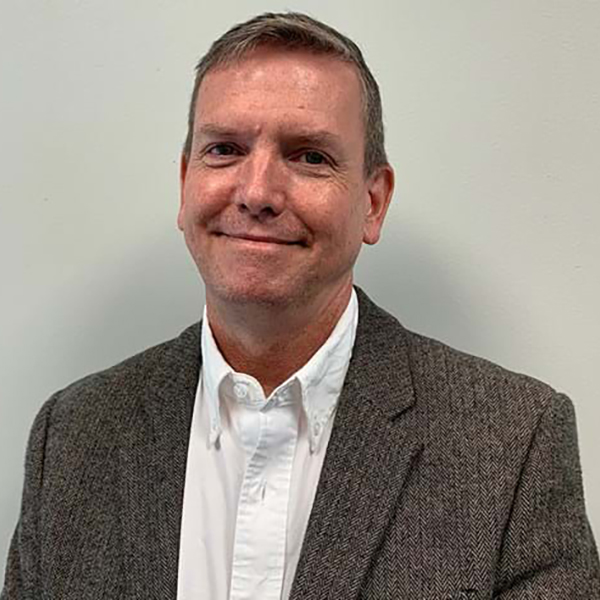
Mr. David Whiting works for the Florida Department of Environmental Protection (FDEP) as the Deputy Director over the Laboratory and Water Quality Standards Programs within the Division of Environmental Assessment and Restoration. Mr. Whiting began his career with FDEP in 1994 as an Aquatic Toxicologist, having previously worked on Exxon Valdez Oil Spill research at the USEPA Laboratory in Gulf Breeze, Florida. In addition to administrating the laboratory and WQS programs, he is currently involved in FDEP’s Microbial Source Tracking efforts to identify fecal sources, FDEP’s Harmful Algal Bloom response activities, and the state’s efforts to understand the potential impacts of emerging contaminants of concern. Mr. Whiting has a B.A. degree in Fisheries and Wildlife Management and a M.A. in Ecology from the University of Missouri-Columbia.
Red Tide Initiative Administrator
Kevin Claridge, Mote Marine Laboratory
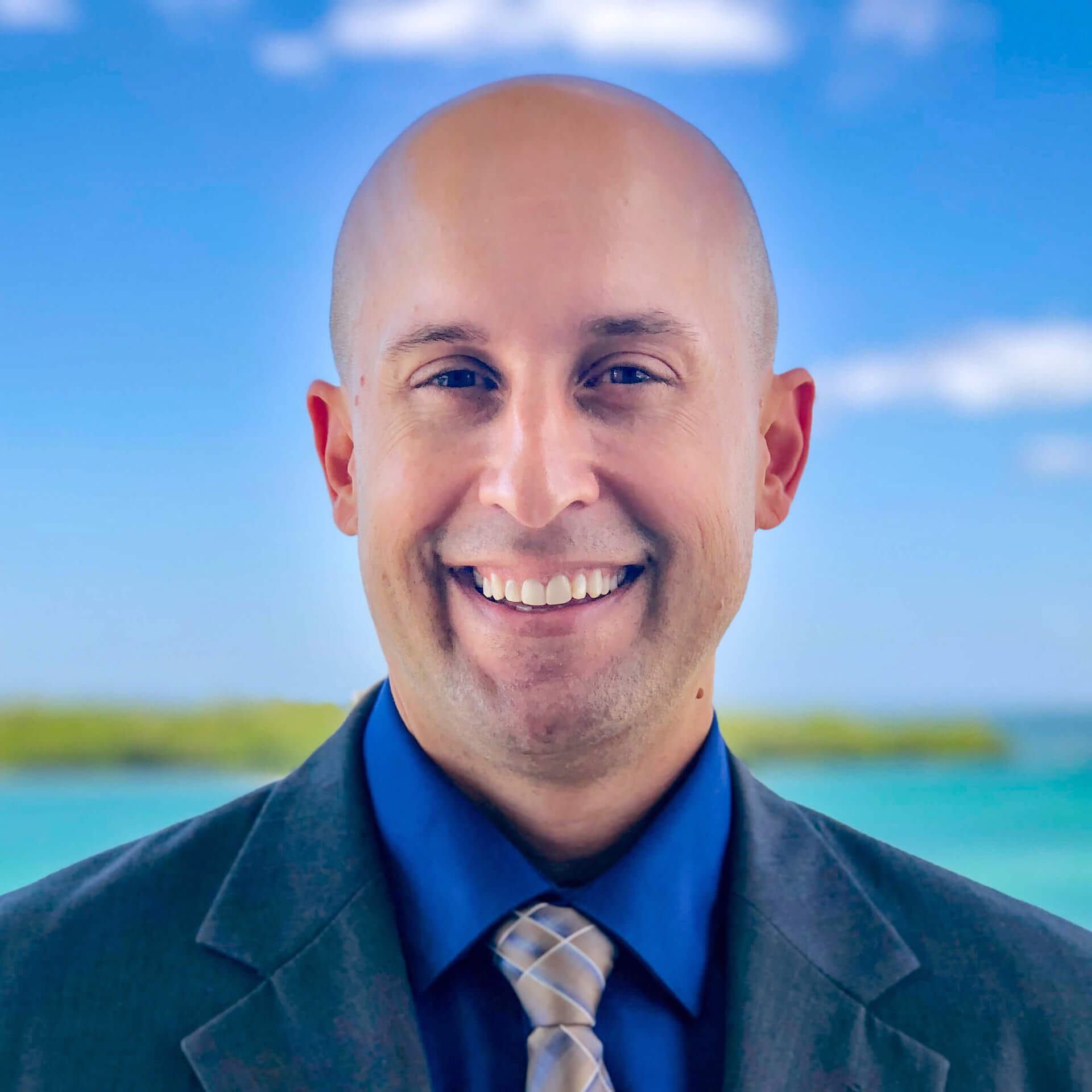
As Mote Marine Laboratory & Aquarium, Associate Vice President for Sponsored Research & Coastal Policy Programs, Kevin Claridge serves as Administrator for the Florida Red Tide Mitigation and Technology Development Initiative and oversees Mote’s Office of Research Grants, Contracts and Sponsored Programs, as well as the Mote Marine Policy Institute. Mr. Claridge has almost 20 years of public sector experience directing statewide coastal management, restoration, and resilience programs; managing state lands and conservation easements; administering Air, Waste, Water Facility, and Environmental Resource Regulatory Programs in Southeast Florida; leading large scale mine reclamation efforts in Central Florida; and guiding watershed scale projects associated with Deepwater Horizon and Everglades restoration.
He holds a Graduate Certificate in Public Management from the University of South Florida, a Master of Science in Biology from the University of Memphis and a Bachelor of Science in Environmental Studies from the University of North Carolina Asheville.

